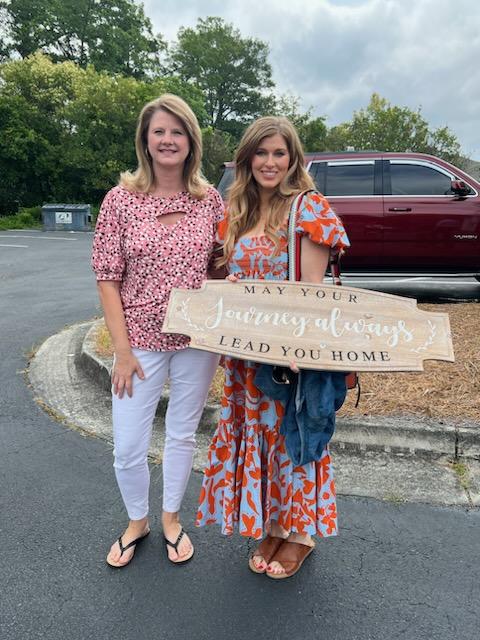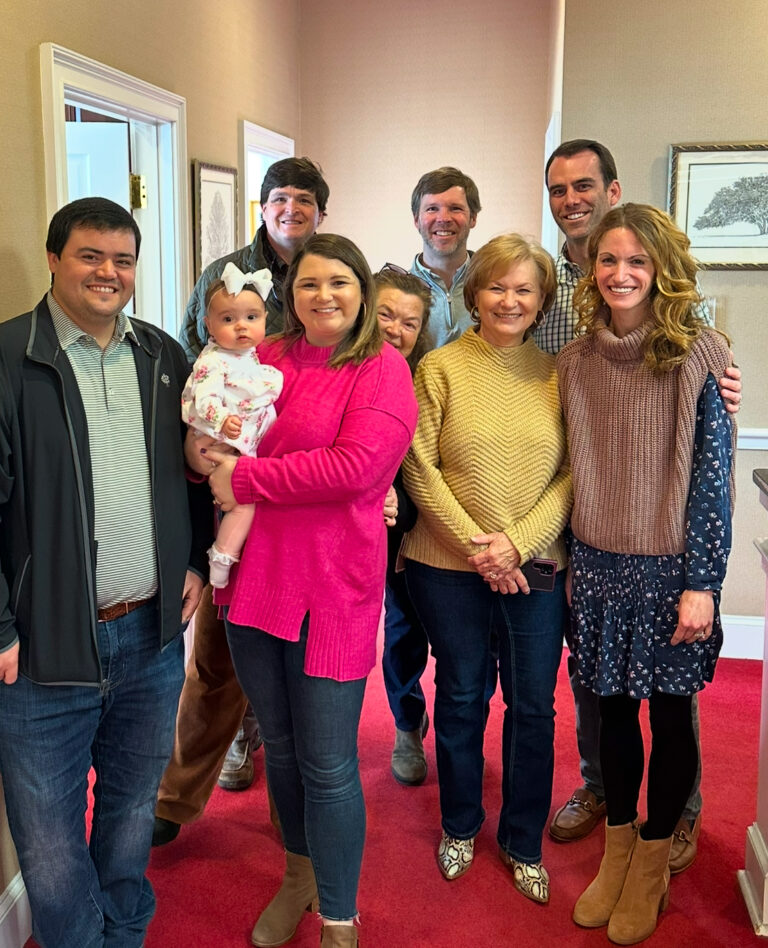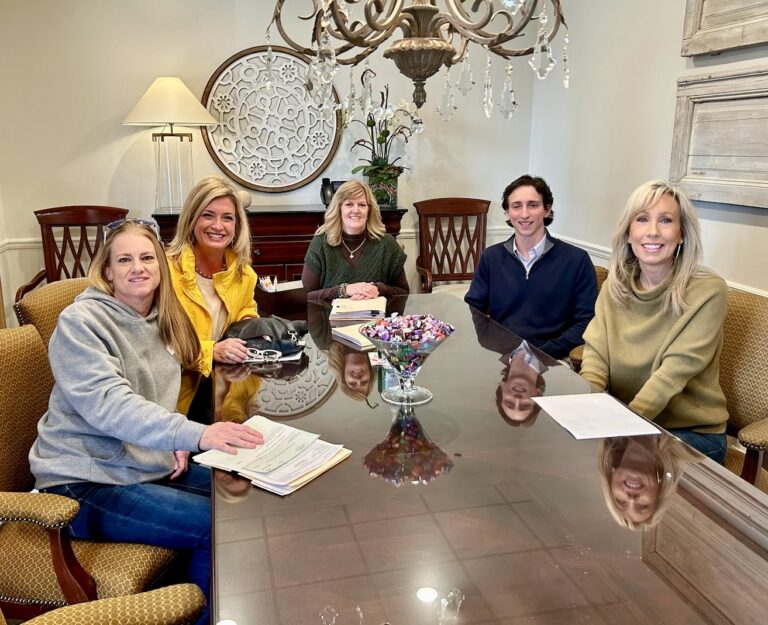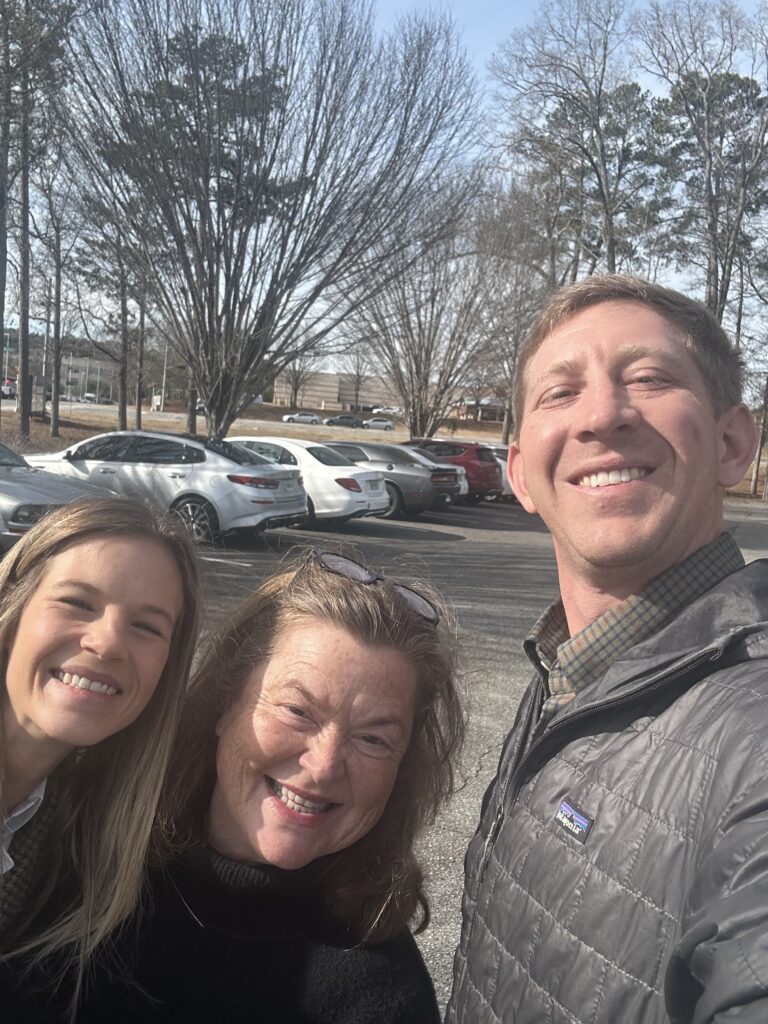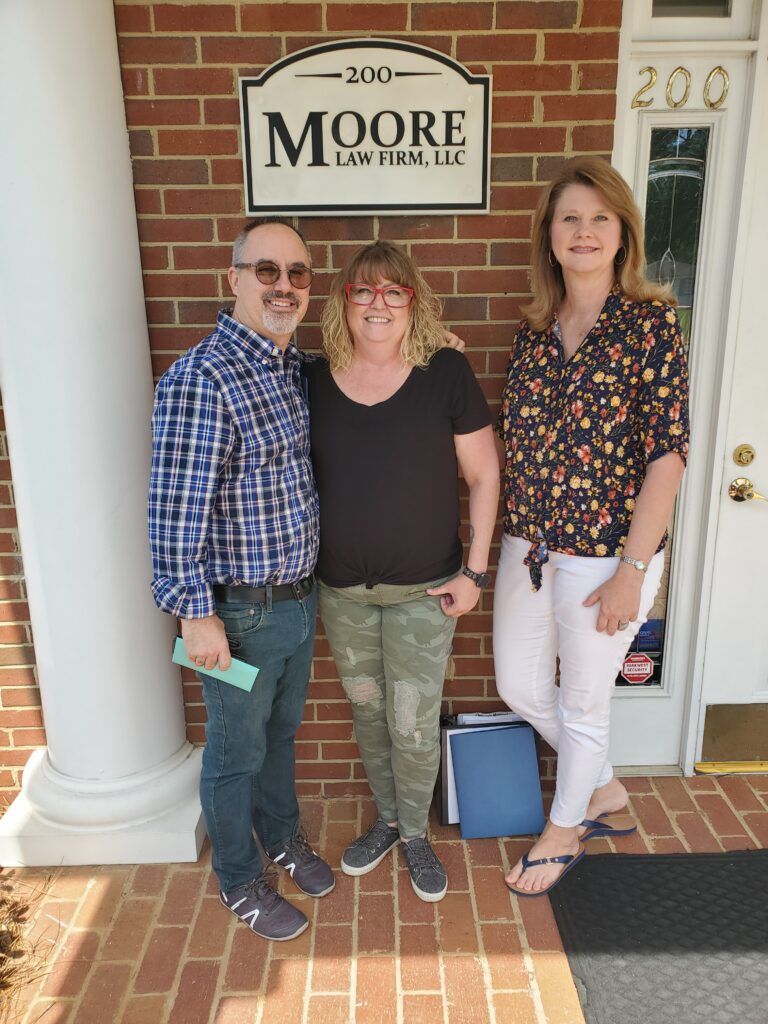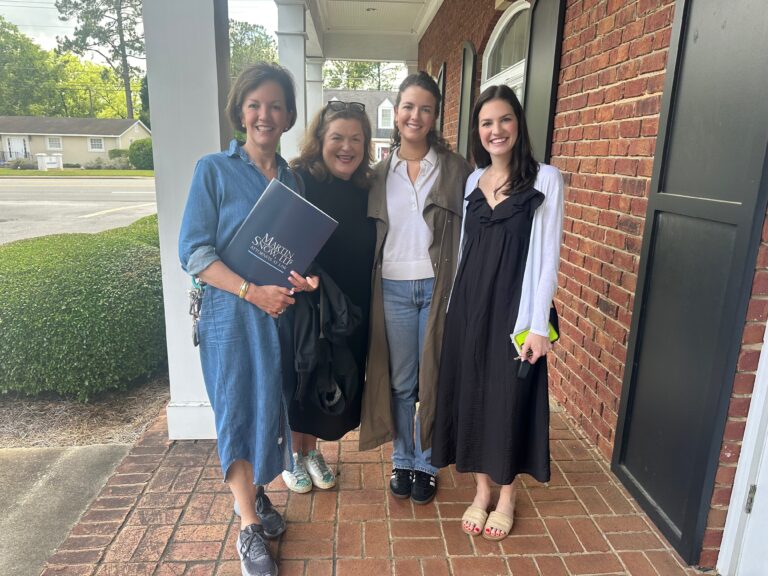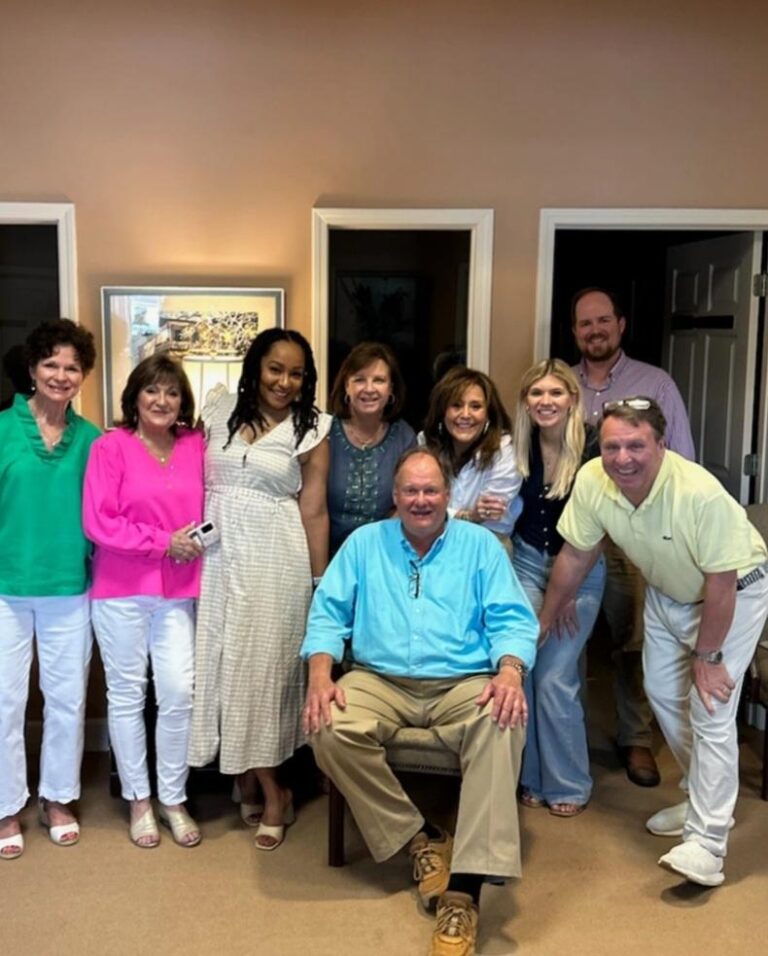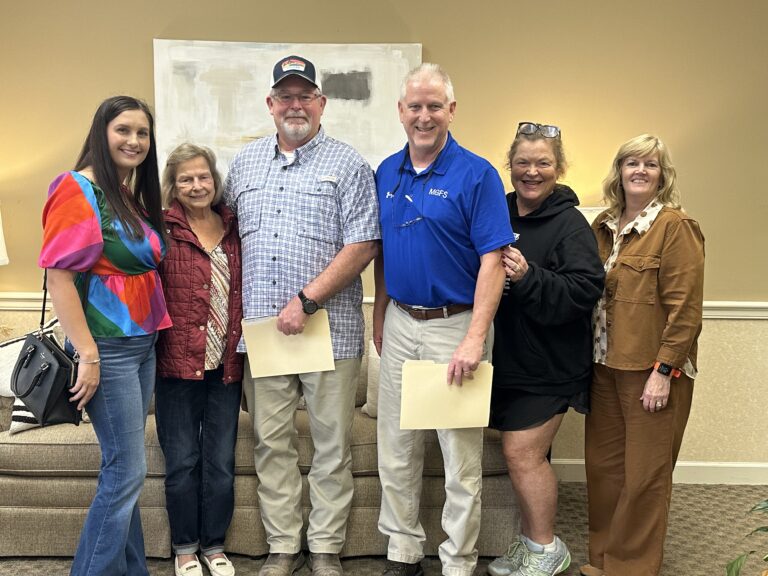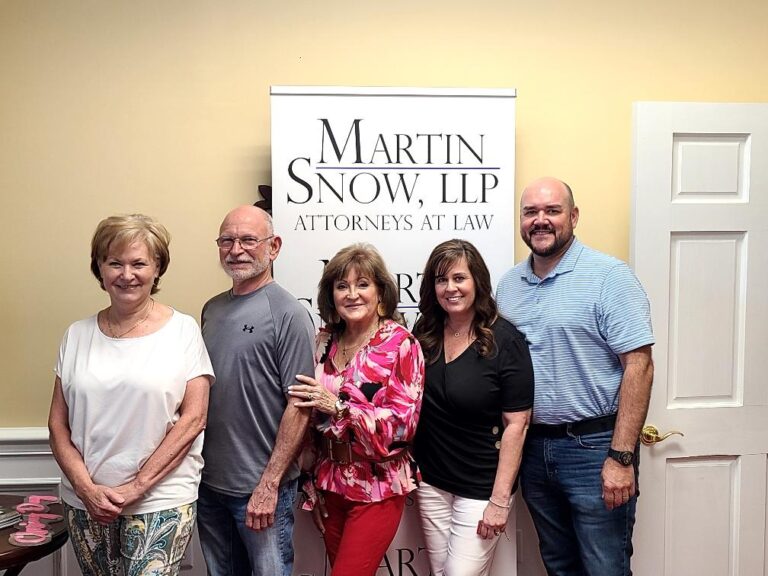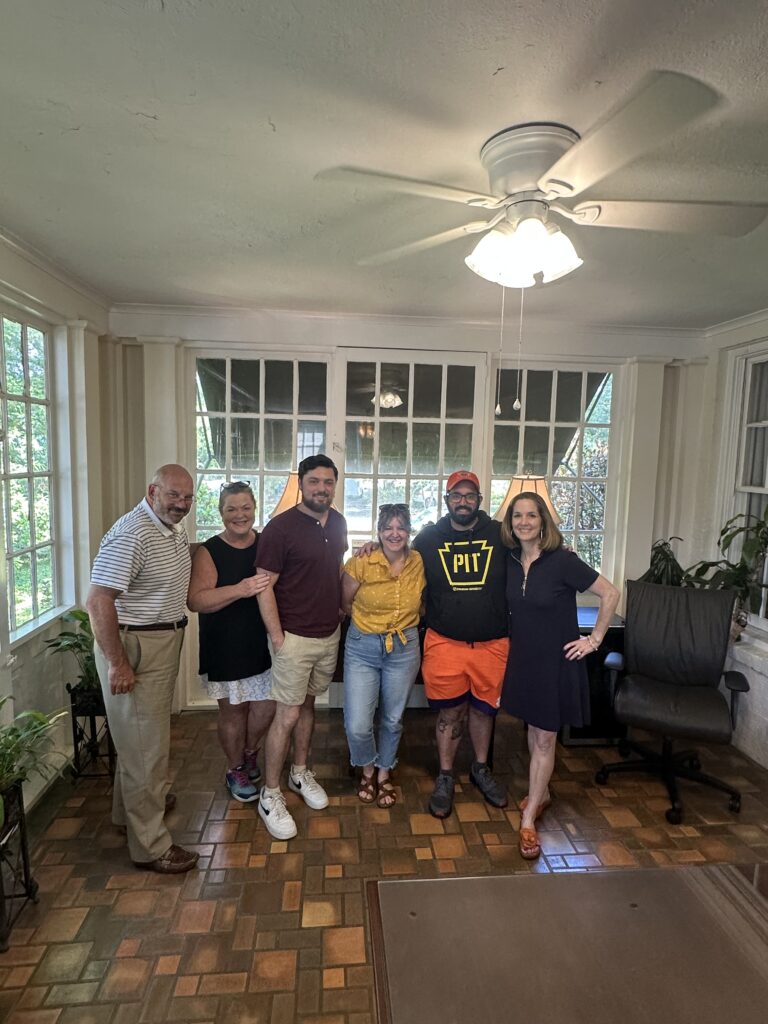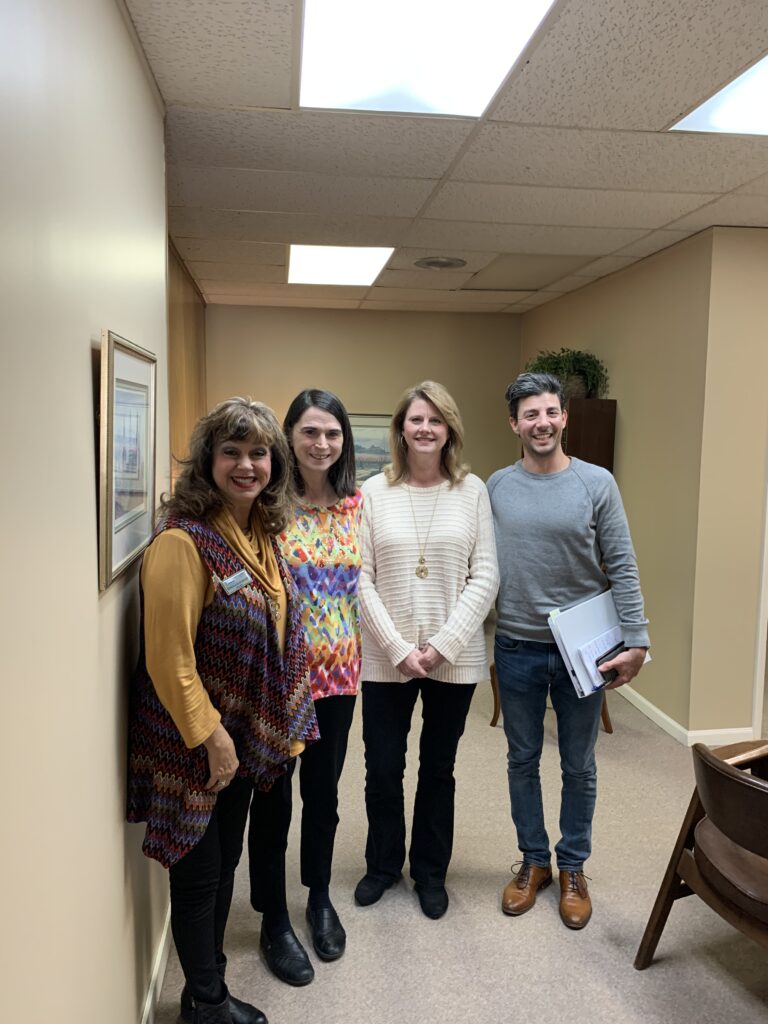A reverse mortgage is a home loan that you can take out in your retirement years, which allows you to get cash now and defer the payments until later.
It’s called “reverse” because instead of paying money into the house as you go along, this type of mortgage pays money out like a traditional mortgage. You get monthly checks from the lender who takes over ownership of your property. And when you die or sell the house, the lender will be repaid at last by selling off what’s left. The best part? If there’s anything left after all those expenses are paid off, then it goes to whoever inherits your estate – not just to your spouse or children but also to charities or other non-bloodline relatives.
What Is a Reverse Mortgage?
Reverse mortgages are one of the ways seniors can tap into home equity, especially when other living expenses need to be covered.
On a regular mortgage, money is borrowed from a bank using the borrower’s house as collateral until it is repaid with interest. On a reverse mortgage, instead of making payments to a lender, you receive income from them. Once your credit line has been exhausted (or if you want to make more cash), you can sell the property and get your entire investment out. Of course, even after death, the loan stays in place, so any outstanding balance will still have to be paid off by whoever inherits your estate.
How Can a Reverse Mortgage Allow Me to Retire?
Most reverse mortgages are “Home Equity Conversion Mortgages” or HECMs created by the U.S. Department of Housing and Urban Development (HUD).
The first thing to understand about a reverse mortgage is that it does not require any monthly payments for the borrower as long as they live in the property unless it’s been sold or there’s no one living in it anymore.
When these homeowners die, then the loan amount gets paid out through a process called an “inheritance,” where the money goes out of their estate and into various creditors’ hands – such as whoever has to be paid back from selling off the home.
By contrast, a traditional mortgage requires monthly payments that continue for the duration of the loan – plus interest and fees. A reverse mortgage is “interest-free,” and most have no out-of-pocket expenses to pay at all. That means you can get money from your house without ever becoming obligated with high regular payments – though there are additional costs if you move or sell the residence before you die.
Since it’s an inheritance, then heirs will be able to take over ownership of the property after they inherit it. And since there are no ongoing payments required, this can make it easier for elderly homeowners to retire entirely because home mortgage costs won’t eat up their retirement income. Instead, the money the homeowner gets from a reverse loan will be added to their other pension and Social Security income, plus whatever their other retirement assets are adding up to.
There’s nothing worse than living in fear of having to sell your house or relocate if you need help taking care of yourself someday but don’t have any family to lean on for support.
A HECM loan can give you and your relatives peace of mind that no matter what happens, you’ll always have a place to stay in retirement – as long as it’s yours to keep. And with so much more financial freedom available, why worry about whether or not you can take advantage of it?
How Reverse Mortgages Work in the U.S. Today?
Before you can qualify for a reverse mortgage, you must be at least 62 years of age and own your home or property entirely free of any mortgage payments. In addition, you cannot have any outstanding debts that would require an offsetting repayment from the proceeds.
If you’re married, both spouses must agree to carry out the process and sign all necessary paperwork; otherwise, it won’t be possible for your spouse to continue living in the house unless they take over ownership after your death. (This means getting remarried.) And if they aren’t on board with this arrangement either, then the lender will not make the deal happen – which means there’s no point in pursuing it further.
The person applying for a reverse mortgage should also show they have some sort of permanent income-earning power from which they can continue paying for home maintenance and property taxes. To ensure you’ll be able to manage your finances effectively, the lender will also conduct a credit check on the borrower and may require you to provide proof that someone else is capable of taking over as trustee if the reverse mortgage applicant becomes unable or unwilling at any point in time to handle their affairs.
One more thing: you cannot use a reverse mortgage loan to purchase a new house (or even just pay off an existing mortgage) while retaining ownership of your old place. The money gets sent out through either a lump sum inheritance disbursement – or gets rolled into an annuity that pays you monthly income – but not both.
The proceeds of either option can be used to pay for living expenses, home repairs, maintenance, or medical bills. Or if there’s a lot of cash left over after the above is handled, then heirs will have plenty on hand to manage their financial affairs too.
Benefits of a Reverse Mortgage
If your home is paid off, then a reverse mortgage gives you the following benefits as long as you’re still alive:
- You don’t have to make any monthly payments, and even if there are interest charges, they can be rolled into the loan (in many cases). This means you won’t have to pay a lump sum back out of pocket later on or worry about paying anyone else back in full.
- If your house appreciates over time, then that equity gets added to the balance, too. So you can always pull more cash out later for any reason without having to deal with high-interest charges or additional borrowing costs.
- Finally, once you pass away, heirs will inherit ownership of your home and choose whether or not to keep on living there. Or, if they decide to sell the property, then they’ll receive a large windfall from the final sale price.
- This will also allow them to take out their reverse mortgage without having to worry about over-committing any of the proceeds toward estate administration expenses like probate fees. Since that’s been taken care of before this point, all funds will be available for disbursement as needed.
- It gives you peace of mind knowing that if something happens and you need help with your finances, your heirs won’t have to put you into an assisted living facility or sell off other possessions just to pay a nursing home bill.
- And while you’re alive, the proceeds can also be used for anything that you need cash for, such as paying off credit card debts, purchasing a new vehicle, or remodeling your kitchen.
It’s essential to consider your finances before applying for a reverse mortgage. If you’re married, both spouses must agree to carry out the process and sign all necessary paperwork; otherwise, it won’t be possible for your spouse to continue living in the house unless they take over ownership after your death. (This means getting remarried.)
And if they aren’t on board with this arrangement either, then the lender will not make the deal happen – which means there’s no point in pursuing it further. The person applying for a reverse mortgage should also show they have some sort of permanent income-earning power from which they can continue paying for home maintenance and property taxes.




